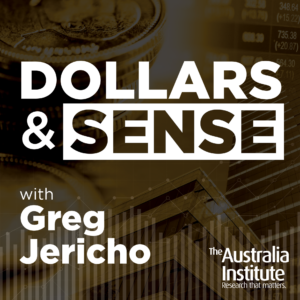End of the price gouging
The standard excuse for why Australians pay far higher prices than Americans for clothes, consumer goods and cars is to highlight the high transport costs associated with the tyranny of distance. So what is their excuse for more expensive music and software downloads? Dearer data costs due to longer cables? You might assume that because Australia has a free-trade agreement with the United States that Australian consumers and American retailers could trade freely, but you would be wrong. Just try paying the US price for a song on iTunes or a ring at Tiffany’s. Many American retailers make Australians pay a premium price. They have engineered their US websites to prevent customers with Australian credit card numbers or Australian delivery addresses from purchasing from their sites. Such shoppers are redirected to the Australian website where they may pay up to 50 per cent more. Last week the Minister for Communications, Stephen Conroy, announced that an inquiry would be held into the significant price differences for software and music downloads between Australia and the US. An inquiry into software price differences isn’t a bad place to start, but any political party that is serious about free markets and the cost of living should go further than iTunes.
Related documents
Between the Lines Newsletter
The biggest stories and the best analysis from the team at the Australia Institute, delivered to your inbox every fortnight.
You might also like
In Trump we trust? | Between the Lines
The Wrap with Bill Browne Prime Minister Anthony Albanese returns from a meeting with the mercurial US President Donald Trump, a great diplomatic success by the usual measures. Trump said without hedging that Australia would get nuclear-powered submarines under the AUKUS pact and inked a critical minerals deal to “unlock” private investment. The media lapped
How gold became a memecoin
People have been queuing for gold and it’s giving toilet paper in 2020.
Price gouging is profitable, more news at 11
Turns out being Australia’s Biggest Bank is very profitable when there isn’t much competition…


